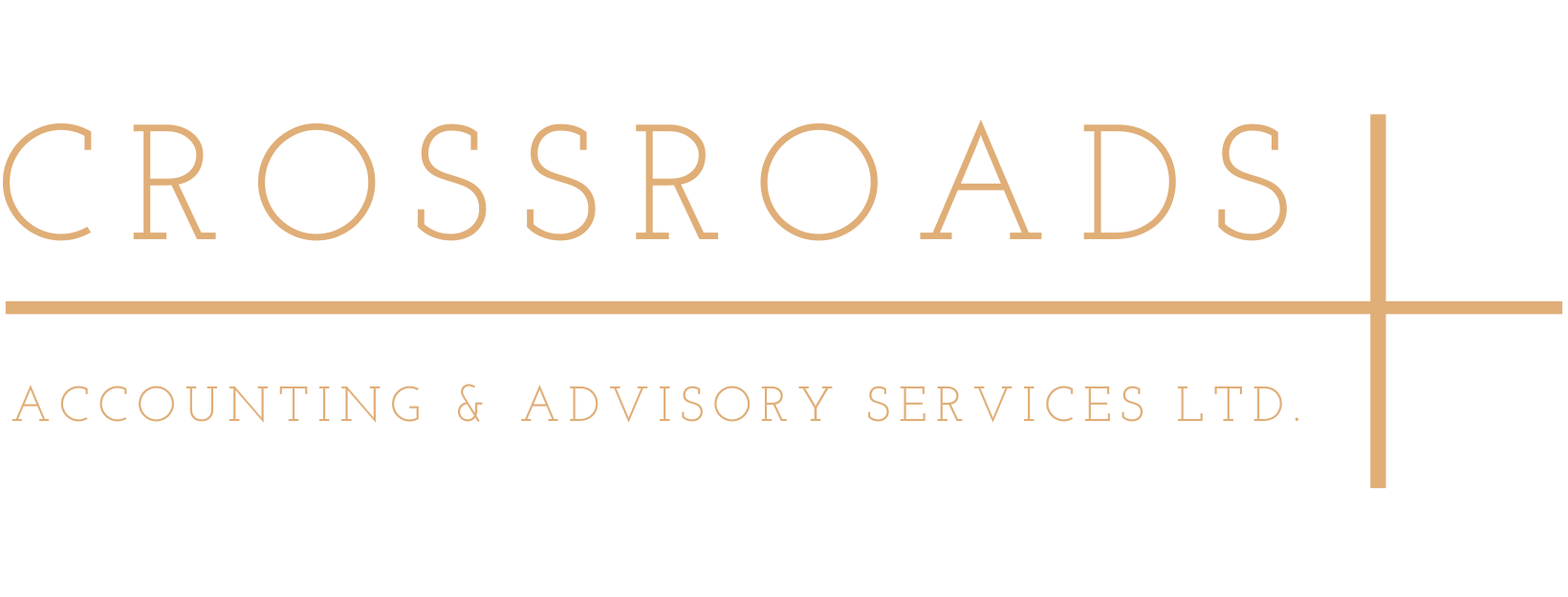Navigating the New Trust Tax Rate Changes in New Zealand: What You Need to Know
How Recent Tax Reforms Impact Your Trusts and What You Can Do About It
Current Trust Tax Laws (Up to 31 March 2024)
Let's start with the tax rules up to the end of the last financial year. Under these tax laws, trustee income retained in the trust is taxed at 33%. This also applies to minor beneficiaries (those 16 years old or younger), unless they meet certain exclusions:
- Their total income from the trust is $1,000 or less, or
- The trust is a testamentary trust (must meet a few other criteria as well), or
- The trust was settled by someone who isn’t a relative or guardian of the minor.
- The settlor was a relative/guardian acting as the agent of the minor (some further conditions apply).
Often, we hear clients say there is only one settlor, but it's important to note that the definition of a settlor is quite broad and includes more than just those named on the trust deed.
If the above conditions are met, the income is taxed at the beneficiary's marginal tax rate rather than the trust rate of 33%.
What’s Changing in the 24/25 Tax Year?
From the 2024/25 tax year, the government is introducing changes aimed at aligning the trust tax rate with personal top marginal income tax rates and reducing the possibility for high-income earners to divert income and reduce their personal taxes payable. Below are the main changes you need to know:
- Trustee net taxable income (after expenses) of $10,000 or less will continue to be taxed at 33%. This is referred to as a “de minimis trust.”
- If the retained trustee net income exceeds $10,000, the entire amount will be taxed at 39%. For example, if a trust has a net taxable income of $12,000, it will be taxed $4,680.
- Minor beneficiaries' income (if exclusions don’t apply) will be taxed at 39%.
“De Minimis” Trusts
As mentioned above, if your trust’s income (excluding beneficiary income allocated) is less than $10,000, the income remains taxed at 33%. There are two important points to note:
- The net $10,000 threshold is after deducting beneficiary income allocated.
- The “De Minimis” status is determined annually.
Each trust is assessed independently to determine if it meets the De Minimis status. Therefore, if you have settled multiple trusts, each trust can separately qualify for the de minimis rules.
Other Exclusions and Special Cases
Some trusts can still have more than $10,000 in taxable income and not be taxed at the new 39% tax rate. These trusts include:
- Deceased Estates: Taxed at 33% for the first four years (the year it’s created plus the next three years).
- Disabled Beneficiary Trusts and Energy Consumer Trusts: The rate remains at 33%.
- Superannuation Funds: Widely held or legacy funds have a lower tax rate of 28%.
While these exclusions offer some relief, most trustees may find they do not apply.
What About Beneficiary Income?
When it comes to distributing income to beneficiaries, the general rule is that the trustee income allocated to the beneficiary is taxed at their marginal tax rate rather than 39%. For example, if a beneficiary receives trust income and their total income for the year is less than $53,500, the first $15,600 will be taxed at 10.5% and the balance at 17.5%.
However, some exclusions apply:
- Minor Beneficiaries: If they receive more than $1,000, their income is taxed at 39%.
- Corporate Beneficiaries: Trust income allocated to corporate beneficiaries is taxed at 39%, unless they are tax charities, Māori authorities, securitization trusts, or fall outside the definition of close companies. A close company is defined as a company where five or fewer people or trustees hold more than 50% of the voting interest. If a close company receives income from a trust and certain conditions related to ownership and relationships are met, the income is taxed at 39%. This is quite a jump from the existing company tax rate of 28%.
While the aim of the government is to create a fairer tax system, it also means it's time to reassess your trust's future and whether it still meets the needs it was initially set up for.
Conclusion: Is a Trust Still Worth It?
With these changes, you might be wondering if it’s still worth having a trust. The key takeaway here is to remember the primary purpose of a trust: asset protection. While tax rates are an important consideration, protecting your assets should be the top priority.
At Crossroads Accounting and Advisory Services, we’re here to help you navigate these changes so you can make the best decisions for your trust’s future.
Whether you are an existing client or meeting us for the first time, if you have any questions about the new tax rates or how your trust might be affected, we invite you to consult with Elanie, our owner and founder. Elanie can provide personalised advice tailored to your specific circumstances and help you chart the best course for your trust. Contact us today to schedule your consultation!




